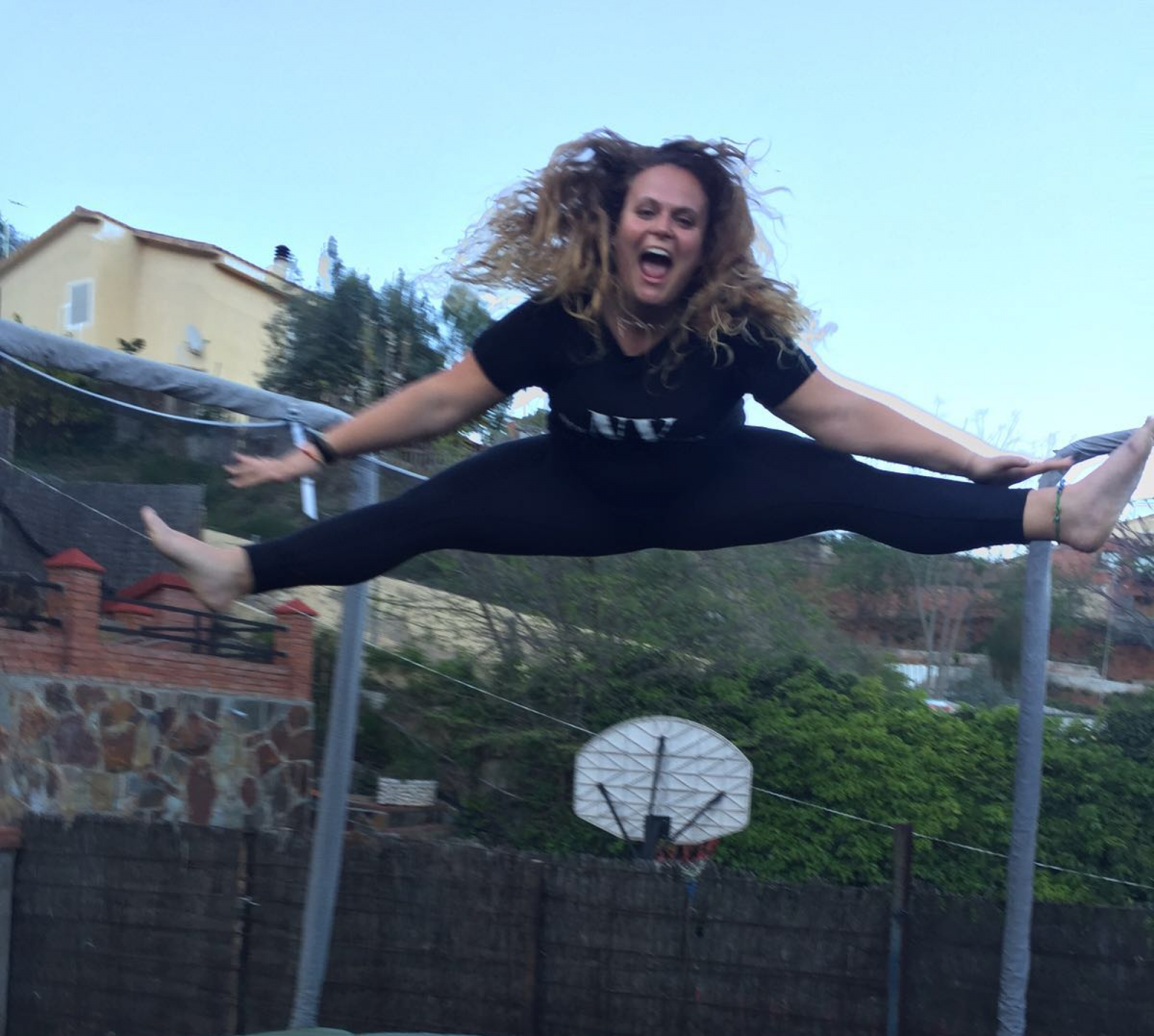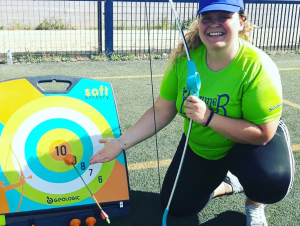LBST 100 – Fall 2018
Reflection #1
Bianca Paun
Reflection # 1
What are your leanings so far about differing approaches to knowledge?
I consider myself lucky for having the opportunity to take a variety of courses at Capilano University and to gain a broader picture of how people acquire knowledge. I first explored this topic of different methods of learning during my Human Kinetics (HKIN) program in the Human Anatomy course, in which I studied the process of learning from a physiological perspective. Through the Human Anatomy course, I understood that learning is the mental process of using memory and which occurs through electrical impulses and imaging.
My second contact with the topic was while taking Applied Behaviour Analysis (ABA) courses in which I learned about a different approach to acquire knowledge form the perspective of a behaviour analyst (BA). The BA uses the principles of learning theory to apply interventions to improve socially significant behaviours to a meaningful degree and to assist the less fortunate students diagnosed with ADHD, ADSD or Down syndrome to acquire knowledge.
The Early Education (ECC), Psychology (PSY) and Liberal studies courses gave me the opportunity to explore the process of acquiring knowledge from the perspective of an educator who plays the role of facilitating the learning process. By taking the ECC and PSY courses, I understood the importance of knowledge development, and how this process is influenced by emotional, economic and cultural factors. I also learned about the importance of the inspirational, sensorial and multimodal learning strategies; and to consider how children acquire knowledge in the real world, to address strategies that can help build children’s knowledge bases in the classroom and beyond. The Liberal studies readings, in particular the ones for the present course has reminded me that acquiring knowledge is a complex process, which involves a mental exercise that is strongly influenced by our self-perceptions, beliefs, feeling, and behaviours.
Which readings have you most effectively engaged with, and in what ways?
The LBST 100 class studies evoked my experiences and the various ways I enriched my mind. It reminded me of my first grades in school as an ESL student, struggling with my English class and being bored of memorization or repetition of English grammar. It reminded me how I learned English from reading comic books or hiding in a closet reading English drama, or lying down under a tree listening to music composed by Western singers. Reading about approaches to knowledge opened my mind to the unlimited ways people can learn. The way of how Indigenous people use land as pedagogy, was one of the topics, which really resonated with me. The “Land as Pedagogy,” reading sent me back to the past when I used to learn from my experiences in nature. The class in the forest made me feel much more alive and focused.
How are you relating to people and conversations in the class?
Working and discussing with my classmates is awesome. Seeing the various approaches in which each person acquires knowledge fascinates me. Through conversations with colleagues, I identified similarities between my past and present experiences and others’ experiences, which drive us to thrive as students and as persons. In class, I attempt to move out of my comfort zone and find people to talk to in order to expand my own perspectives on how I see the world.
Do you find yourself thinking differently about knowledge in other contexts? in other classes? at work?
Yes, I think differently about knowledge in other contexts. For example in my profession as a swim coach, I worked with a various category of children, from competitive swimmers who compete in regional and national races to less fortunate kids diagnosed with ADSD whose parents want them to learn swimming. The strategies and purpose to facilitate learning for the advanced swimmers are very different from the ones for the beginner swimmers. The purpose for the advanced swimmers is success; they are motivated to stay fit, to execute the motor skill perfectly and to be in first place. The beginners purpose to learn swimming is to know how to swim, to not drowning and to survive when they are in the water. Their motivation is to be able to float and swim from one end of the pool to the other. For the advanced swimmers the learning strategies are more abstract and are based on inspiration, compared to the beginners for which the most appropriate approach is more practical, based on example. With the advanced swimmers I give the lesson out on deck, using metaphors, for example, I tell them to imagine having puppet arms pulled by strings. With beginners, I get in the water and provide them with support to float while giving them the confidence needed to move through the water and become comfortable in their environment.







